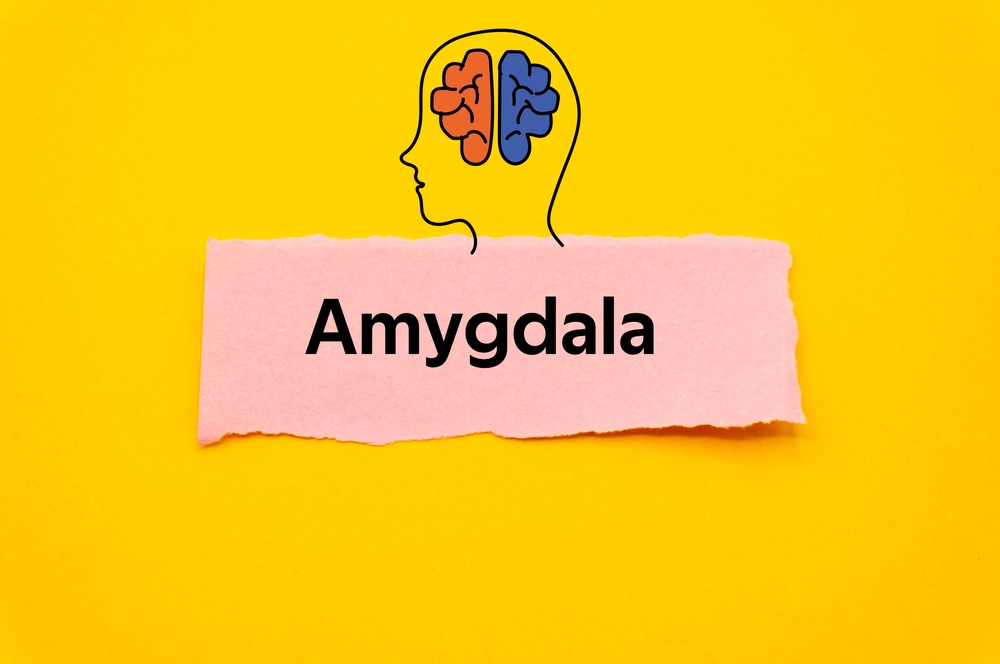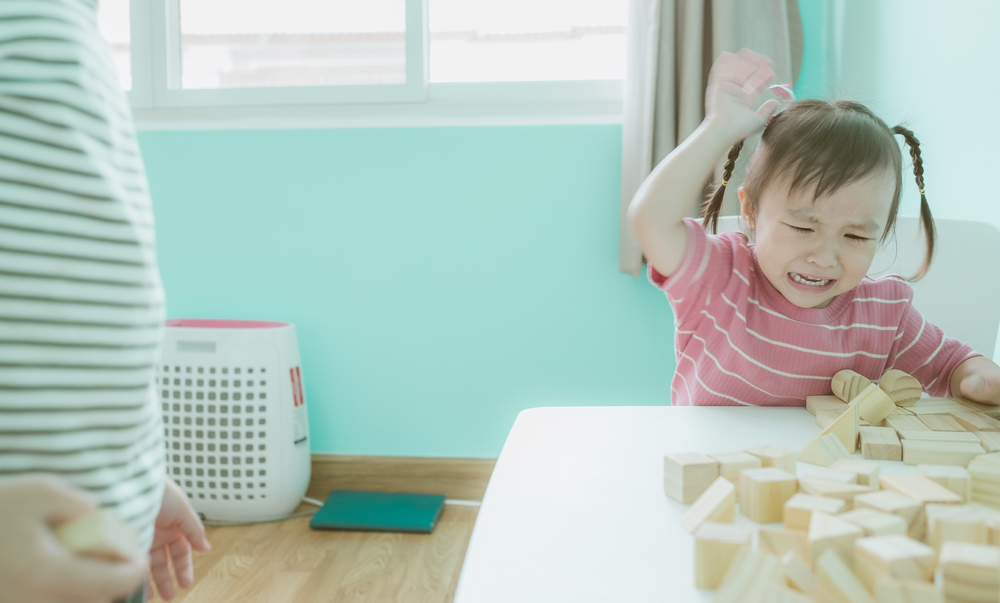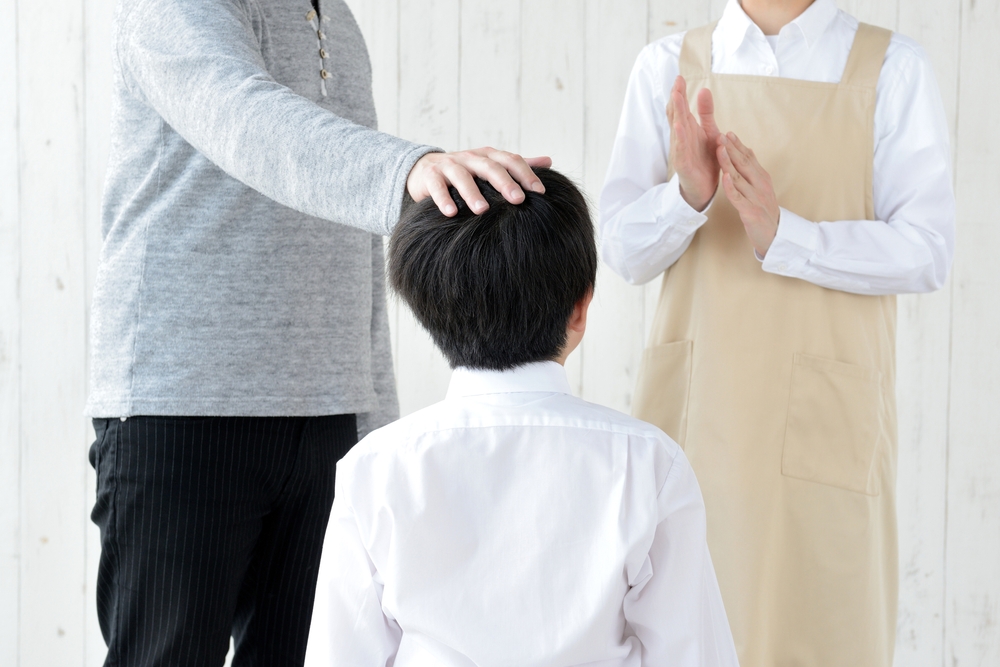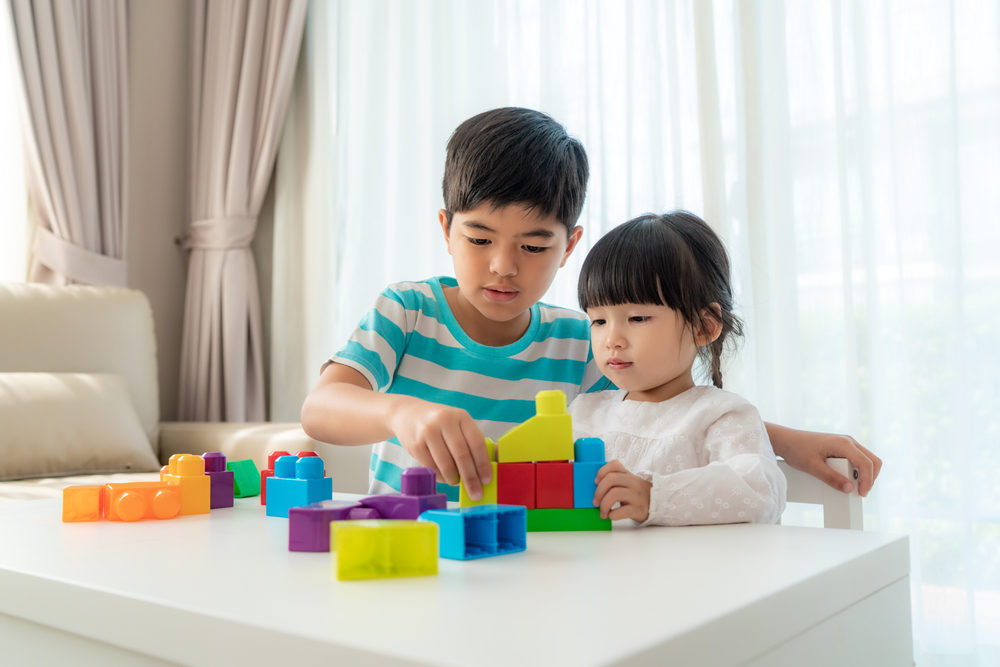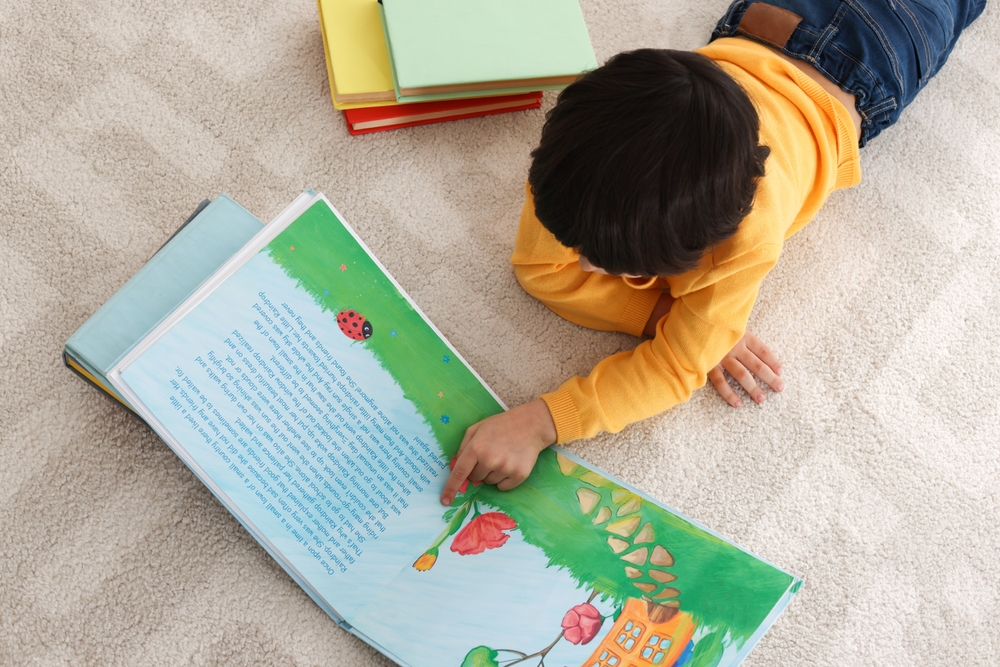
Source : Registered Clinical Psychologist, Yiu Fong Lee
Some parents may notice that their children, aged 4 to 5, often have trouble staying focused when playing with toys. For example, they may play with one toy for only 2 minutes before switching to another, and they might take out all the toys in the room without cleaning up afterward. Parents may worry that if their children are so unfocused now, how will they fare in exams or when studying in the future?
It turns out that when children’s brain development is not yet mature, their attention span can be a bit short. Research has found that mindfulness can help improve children’s focus, especially by training their frontal lobes, which can enhance their attention and concentration.
There are some mindfulness games that can be used as a reference. For example, parents can use certain apps with visual cues. Children can follow these apps, for instance, there might be an image of a balloon that inflates when they breathe in and deflates when they breathe out. This way, by following their breath, children can improve their ability to concentrate. Additionally, there’s a practice called ‘Statue,’ which many parents might remember from their own childhood. In this exercise, children must sit still and watch an app or a timer for a specific duration to see how long they can remain seated calmly.

“Then, if children manage to do this, you can introduce an additional element, which is auditory distractions. For example, you can include some simple sounds, like calm music. If the children succeed with that, you can gradually introduce more challenging elements, such as cartoons or anything they enjoy, to see if they can stay focused on the app and their breathing in a more distracting environment. This helps train their concentration.
Secondly, we can try implementing some rules and visual reminders. You can tell the children that there is a rule when it comes to playing games or with toys: they have to finish playing with one thing before they start with another, and they should spend at least 5 to 10 minutes playing with each item before switching. You can use some pictures to show them one toy, then cleaning up that toy, and then moving on to the next. In between, you can indicate that they should play with each toy for 5 to 10 minutes.”
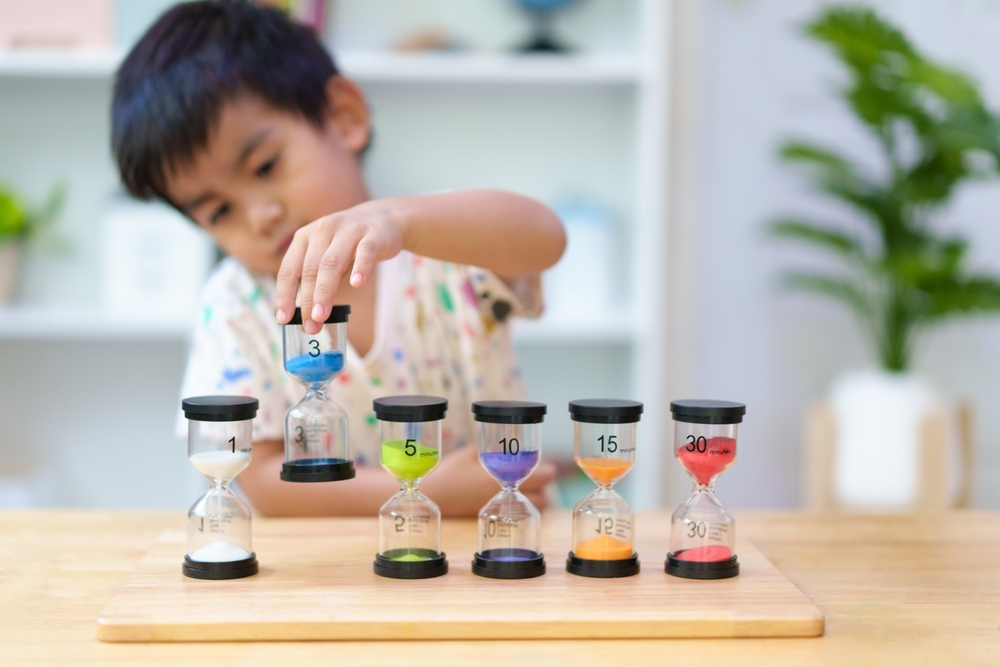
The third method is a behavioral consequence approach. When children are able to focus, parents can encourage them by saying, ‘You did a great job because you were so focused!’ or by telling them, ‘I appreciate your effort because you can sit still and enjoy one toy. You can actually have more fun while playing with your toys this way.’ If the child cannot do it, we can introduce consequences. For example, you can say, ‘You finished playing with one thing and then jumped to another and then to a third one. This means you couldn’t follow the rules, so now we need to take a break.’ This break could be, for instance, 5 minutes of not playing with any toys. You can use an app to help them sit quietly until they feel they can concentrate on one game, and then you can continue playing.
The fourth method is what we call the ‘Star Focus Reward Plan.’ For this, you can give the child a timer, clock, or hourglass, and the child watches the time while engaging in a focused activity, like 1 minute or 2 minutes. Parents can discuss with the child that for each session of focused attention, they will earn a star, which goes into a piggy bank. The child can see how long they can focus, and these stars accumulate, helping the child become more focused over time.


